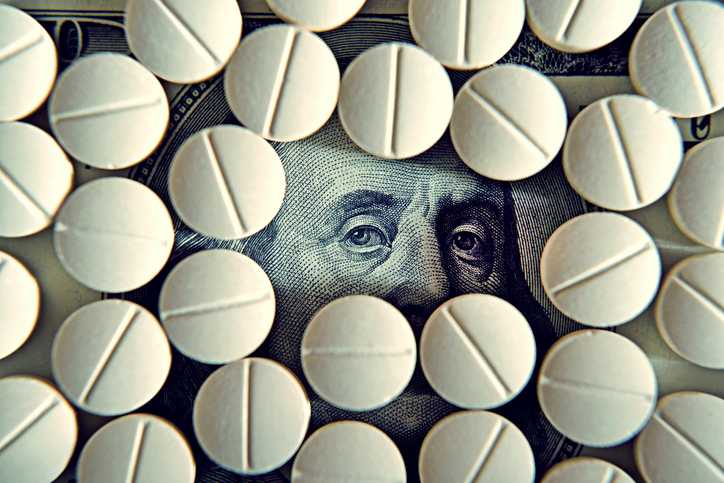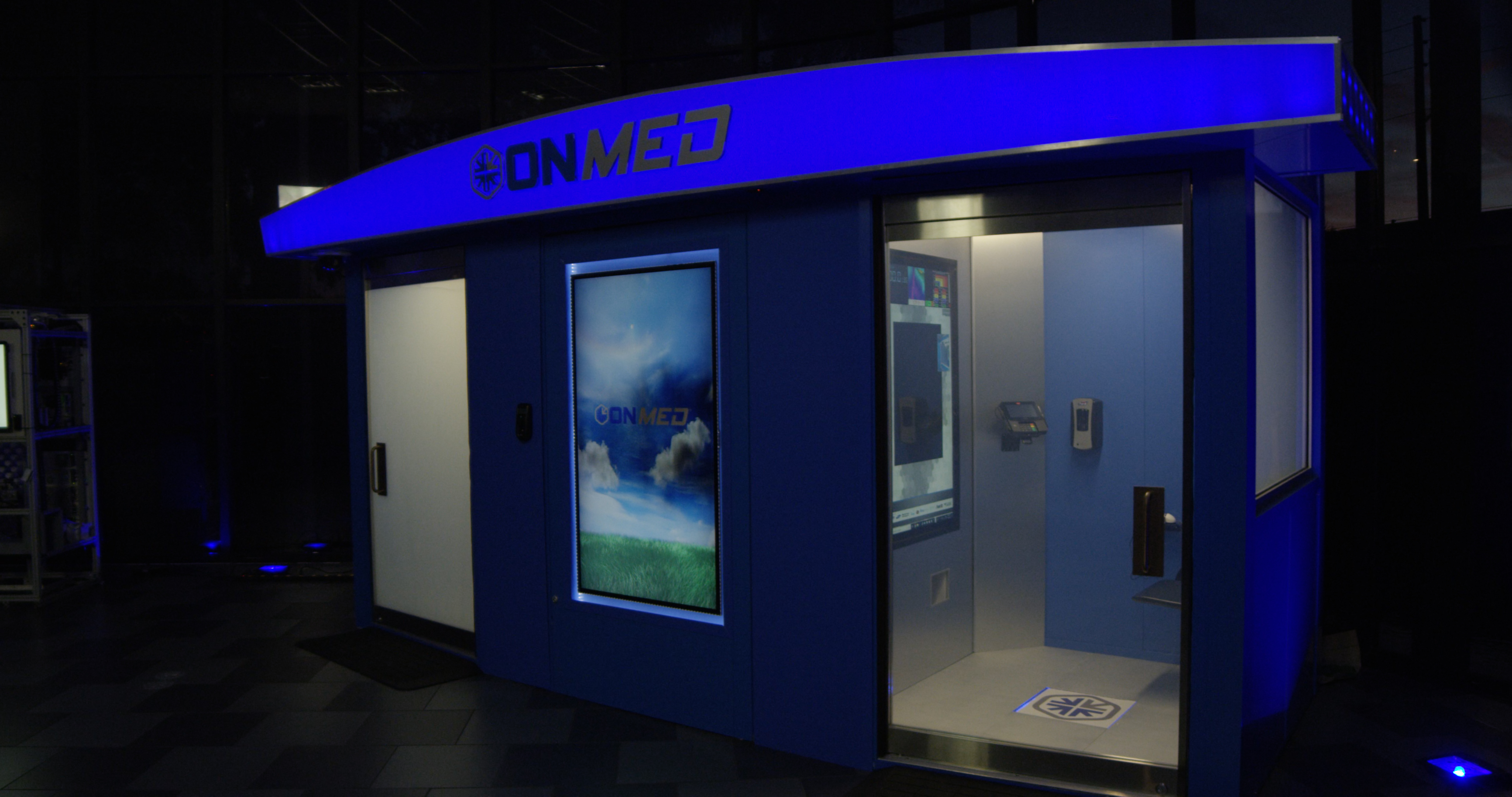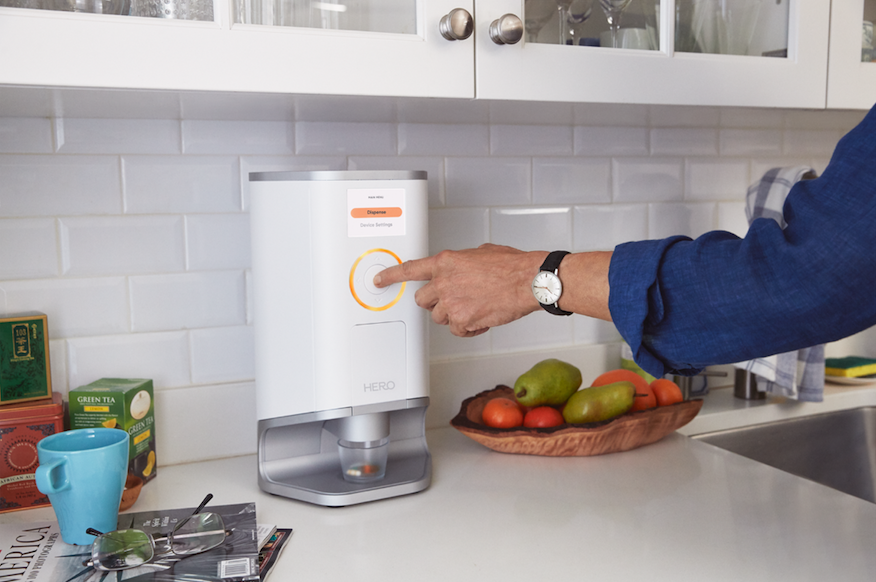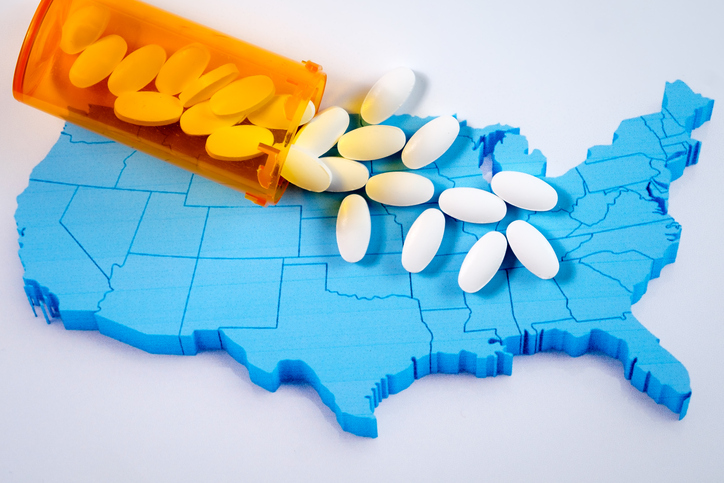
Study shows reduction in medication errors using health IT startup’s software
The study estimated 68.2 percent of errors generated by MedAware’s system would not have been detected by existing clinical decision support systems.

The study estimated 68.2 percent of errors generated by MedAware’s system would not have been detected by existing clinical decision support systems.

The Department of Justice sued Omnicare for allegedly dispensing drugs without valid prescriptions.

Through its app, London-based Echo, which was founded in 2015, offers prescription fulfillment and reminders to take medications.

Scheduling appointments, viewing lab results and requesting prescriptions emerged as the top three functions patients use mobile apps for, according to a SOTI survey of 552 U.S. consumers.

Other investors in the Series A round included the University of Virginia LVG Venture Fund, Presbyterian Healthcare Services (NM), Inception Health/Froedtert Health, Children's Hospital Colorado, UnityPoint Health and JAZZ Venture Partners.

GreatPoint Ventures led the Series B round for the San Francisco-based startup, and Tarsadia Investments, Crosslink Capital and Uncork Capital also participated.

The Clearwater, Florida-based company said its HIPAA compliant telemedicine stations can be deployed in airports, hotels, colleges, hospitals and at large private employers.

The collaboration focuses on integrating patient-specific data into the EMR so providers can review prescription pricing information with patients.

The startup's product, which is also called Hero, sorts and dispenses medication, automates refills and offers audible and digital reminders.

The aim of the collaboration is to help prescribers more easily view patients' prescription histories, thereby preventing errors related to prescribing inappropriate medications.

The medical center implemented MedAware's platform, which harnesses data analytics and machine learning to pinpoint prescription errors before they happen.

These numbers compare to 2017, when 20.9 million pills and $301.1 million were lost because of drug diversion, according to an analysis by data analytics company Protenus.

Formerly known as Responsive Health, the Mount Sinai spinoff will use the financing to help launch the new capability, which allows care teams to prescribe digital therapeutics and patient-centric care plans to entire groups of people.

New research of more than 800 clinicians found those who knew about a patient's overdose death cut the overall volume of opioids they prescribed by almost 10 percent over three months.

President Donald Trump has railed against the high price of prescription drugs, yet many Americans aren’t seeing a change in what they pay out-of-pocket. Here’s a look at the rhetoric thus far versus the results.